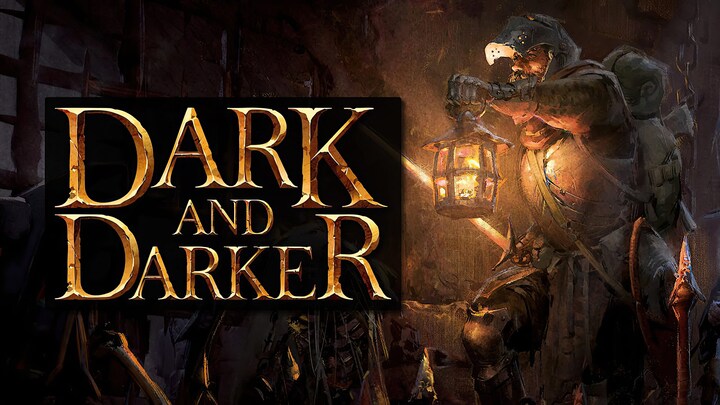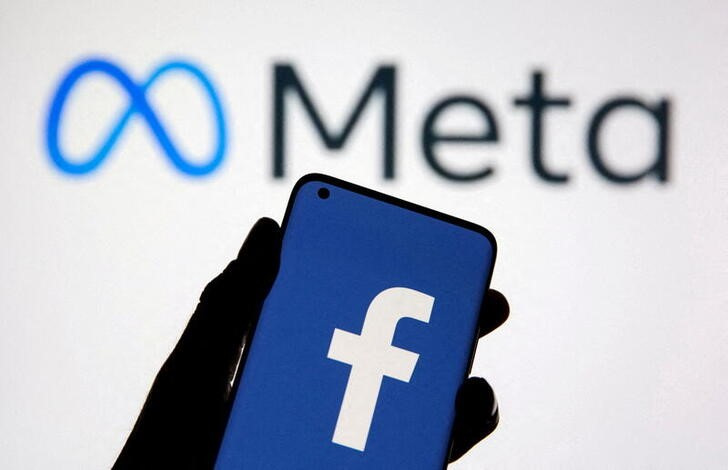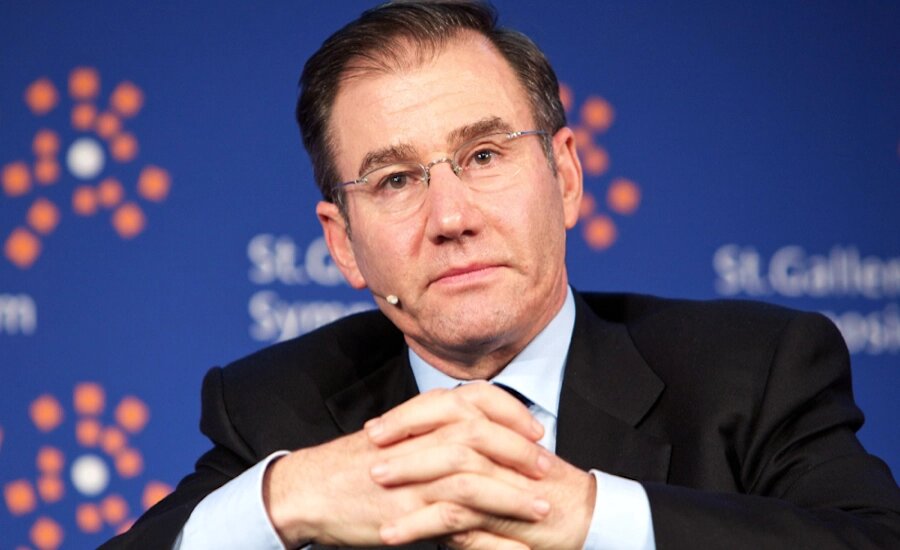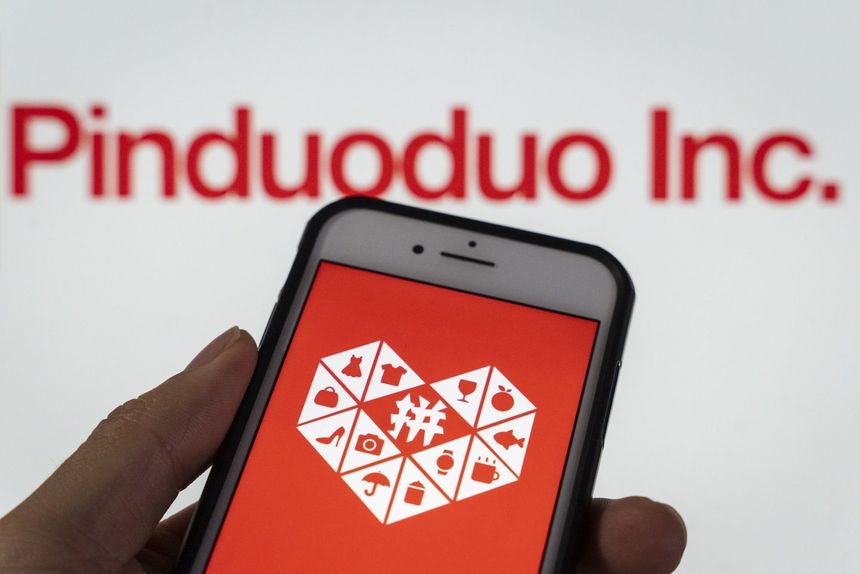Why is Dark and Darker no longer on Steam?
Renowned hardcore action RPG Dark and Darker, created by Ironmace, is still embroiled in legal issues because Nexon, the distributor from South Korea, issued a cease-and-desist order that caused Steam to remove the game.
The DMCA takedown notification that Nexon has issued is the most recent in a string of legal actions the company has taken against the hapless independent publisher.

It all started with claims that former employees had used stolen assets and codes in Dark and Darker. In Dark and Darker, gameplay that is reminiscent of Escape from Tarkov’s survival extraction is combined with aspects of traditional dungeon crawling.
Also Read: Is it possible to transfer games between PCs and Steam Deck?
Dark and Darker’s gameplay loop immerses players in a hostile dungeon where their objective is to endure until a portal appears and they can escape. Currently, in open beta, the game has experienced a huge increase in popularity and has rapidly risen to the top of the charts on Steam. However, the Korean publisher Nexon has taken note of this achievement.
According to Nexon, the founders of Ironmace were discovered trying to steal code and other resources from the P3 project and then utilizing these assets to make the popular game Dark and Darker.
Although Ironmace has formally refuted these claims, the legal dispute has reached a point where Korean police have recently searched the company’s headquarters. A cease and desist order was issued on March 24 and, apparently overnight, the game was taken down from Steam.
Players first noted that the game’s online functionality, assets, and screenshots had been removed and that the game had vanished entirely from the platform.
The delisting of Dark and Darker from Steam, one of the biggest and possibly the most significant gaming platforms, could deal a fatal setback to the title as it continues to undergo beta testing. Ironmace must submit a Counter-Notice to Steam, agreeing to the authority of a US Federal Court, and describing why Dark and Darker was incorrectly flagged under risk of perjury in order to have the game relisted.
After that, Nexon has 14 days to file a lawsuit against Ironmace in US Federal Court. Steam will relist the game if no suit is launched. To prevent costly litigation, Ironmace and Nexon will probably settle these disputes in a settlement agreement.
Also Read: We may soon get an Xbox mobile gaming store. Is it a good move?
The competitive and well-liked game Dark and Darker is regarded as an independent treasure by many. Nexon has a lot at risk in this conflict as evidenced by its actions, including the removal of the game from Steam and high-profile accusations of theft made by the Ironmace team.
To prove the veracity of its mission and the studio as a whole, Ironmace must succeed. The fate of Dark and Darker and Ironmace as a whole is currently very up in the air, but one thing is for sure: the RPG and the dungeon-delving audience will be eagerly awaiting the outcome of the impending legal dispute

I am a law graduate from NLU Lucknow. I have a flair for creative writing and hence in my free time work as a freelance content writer.




